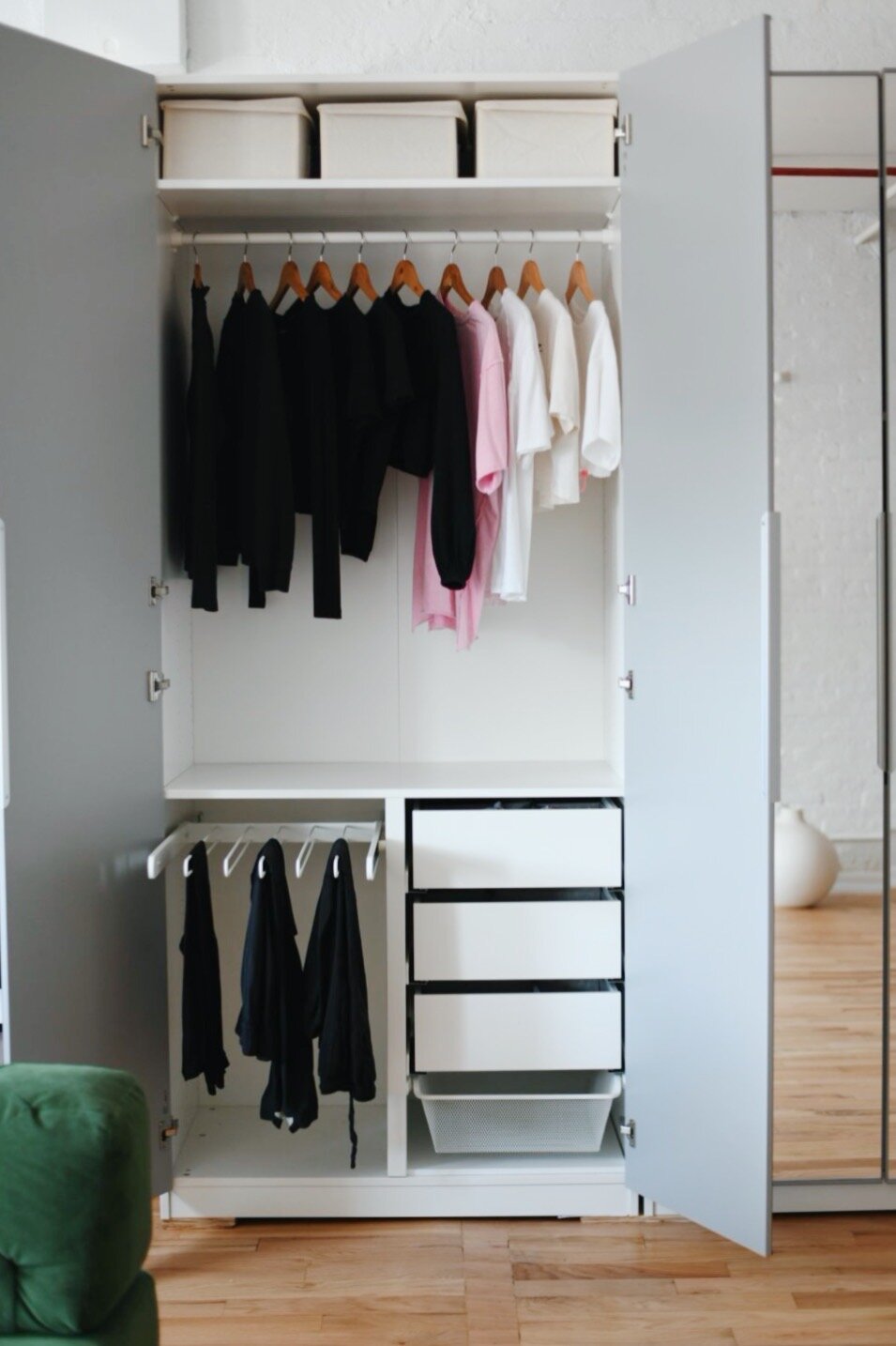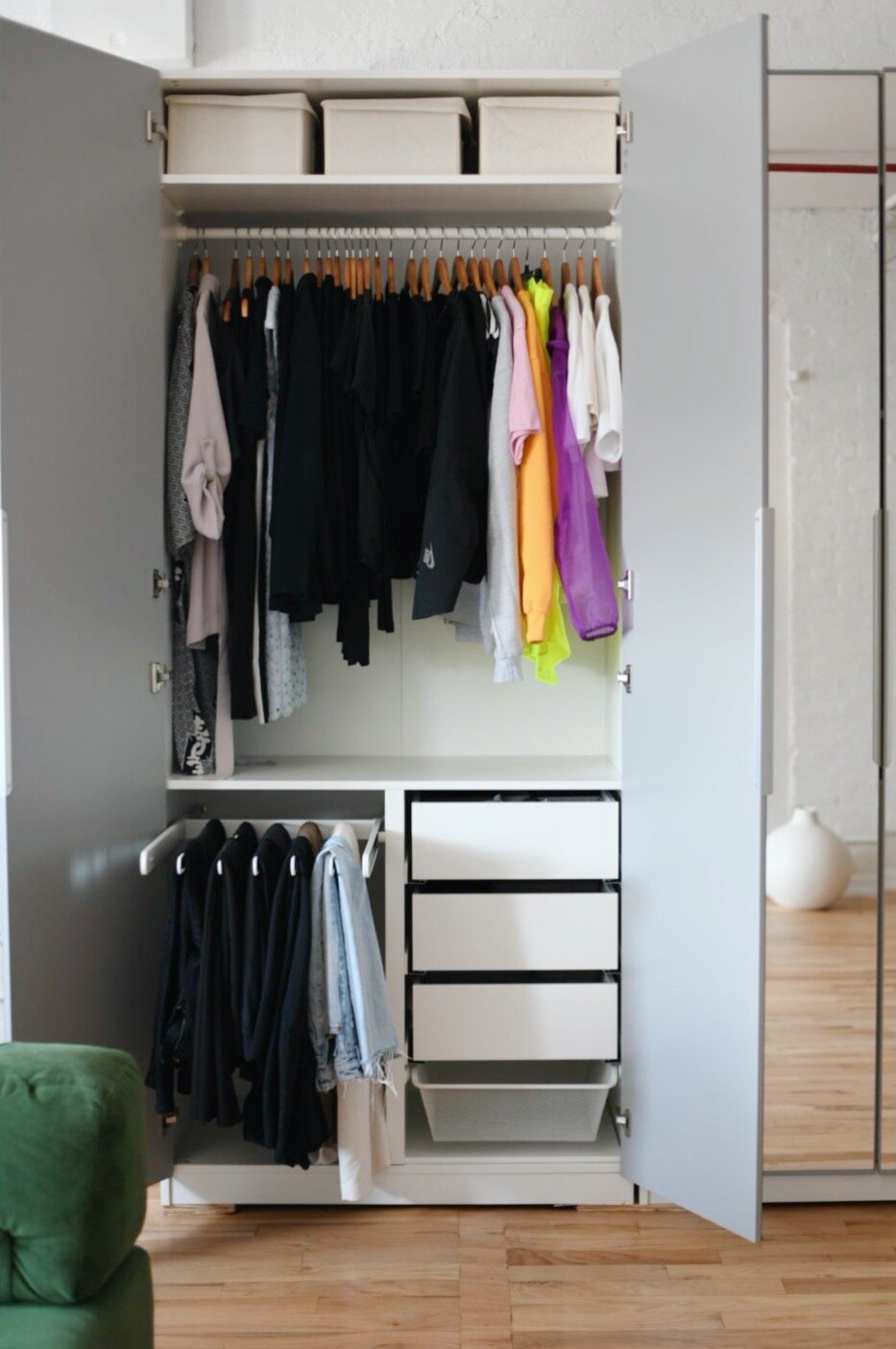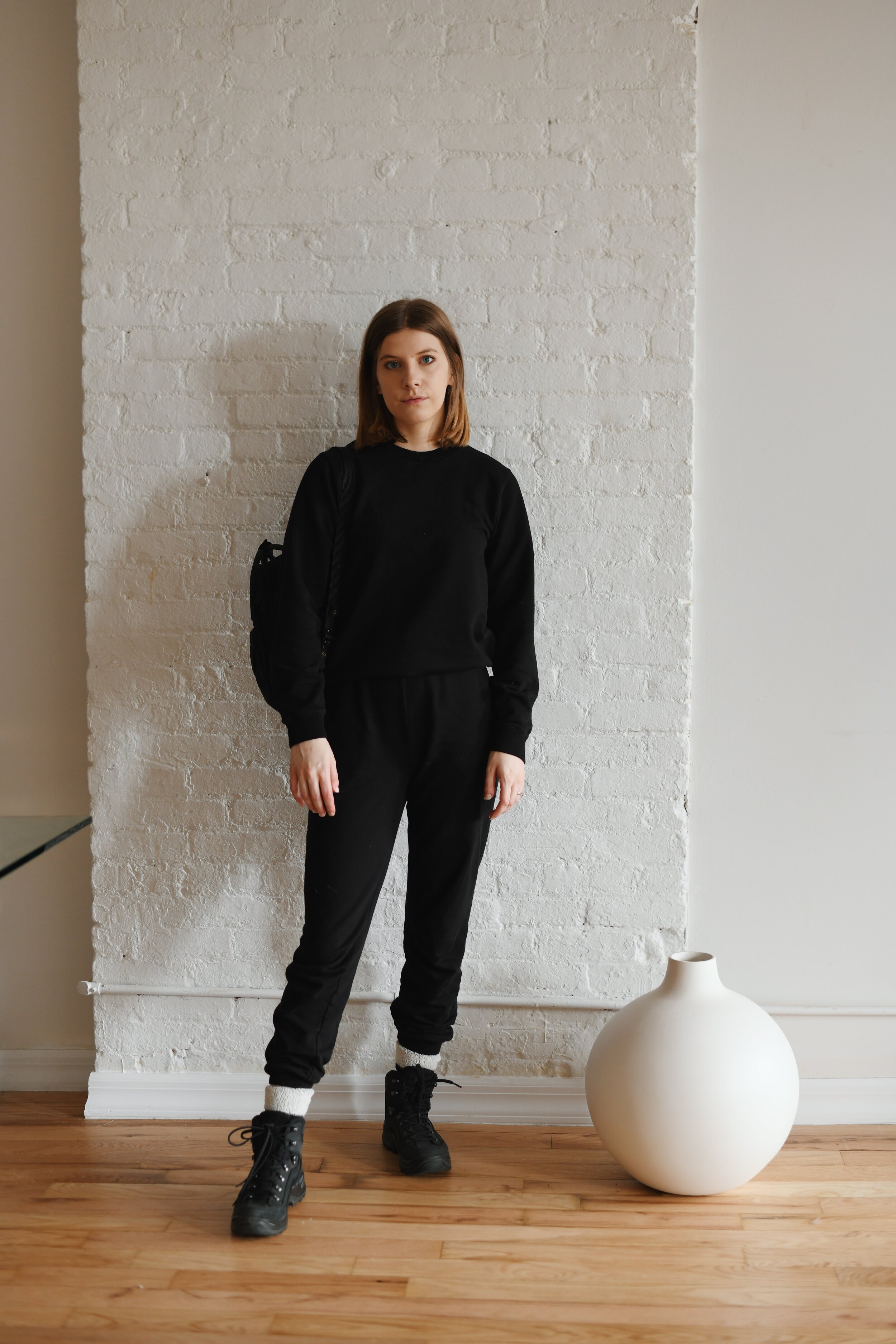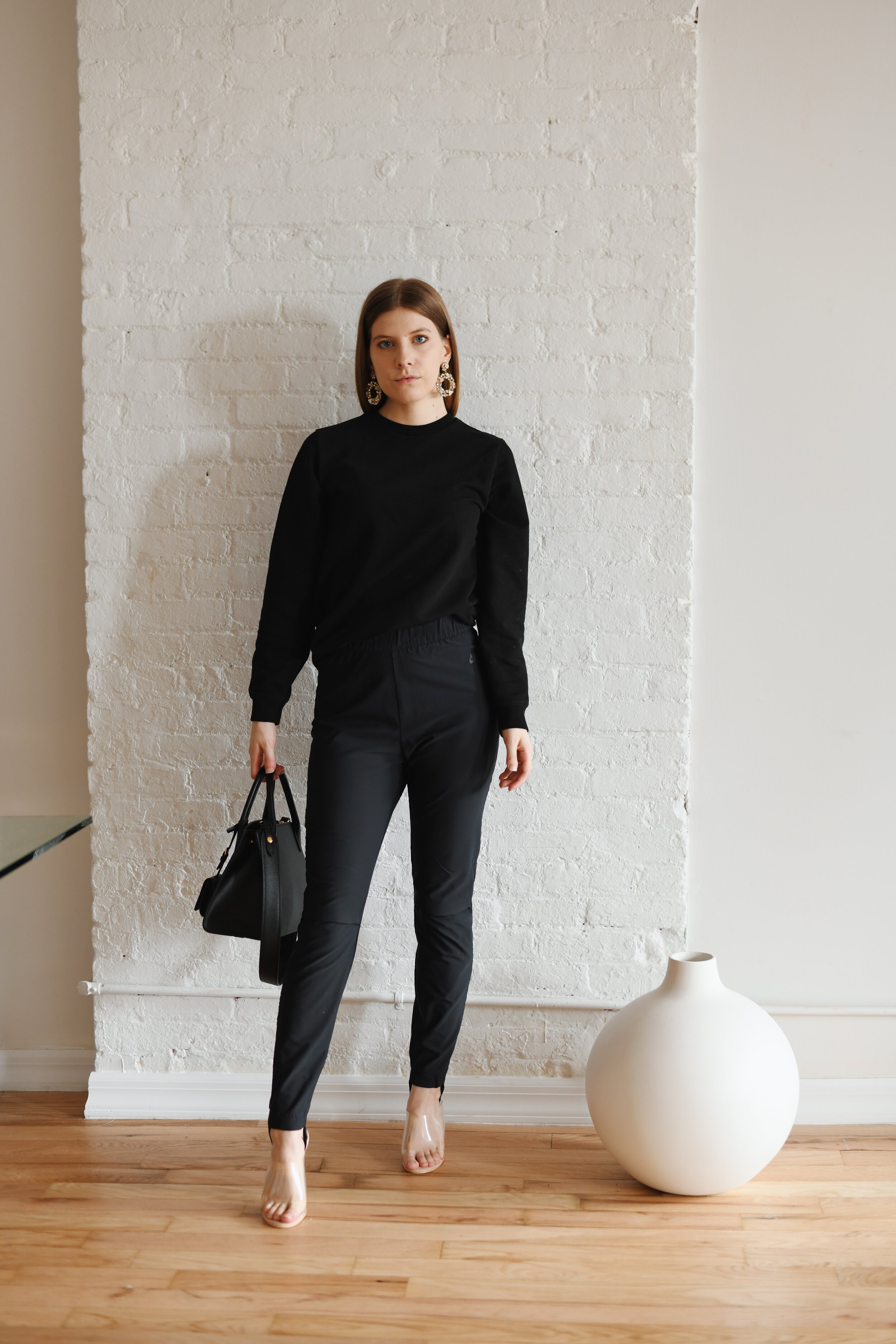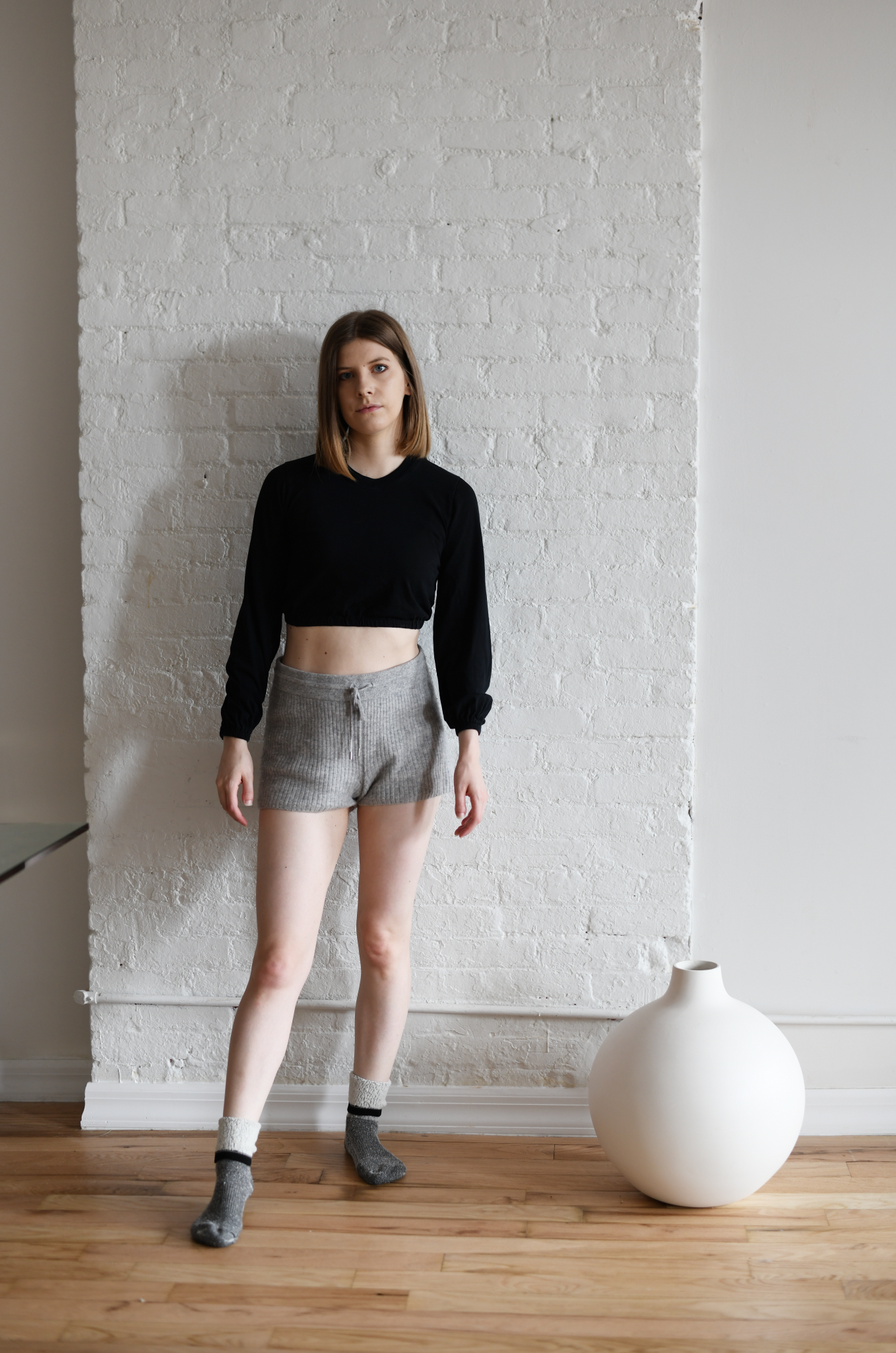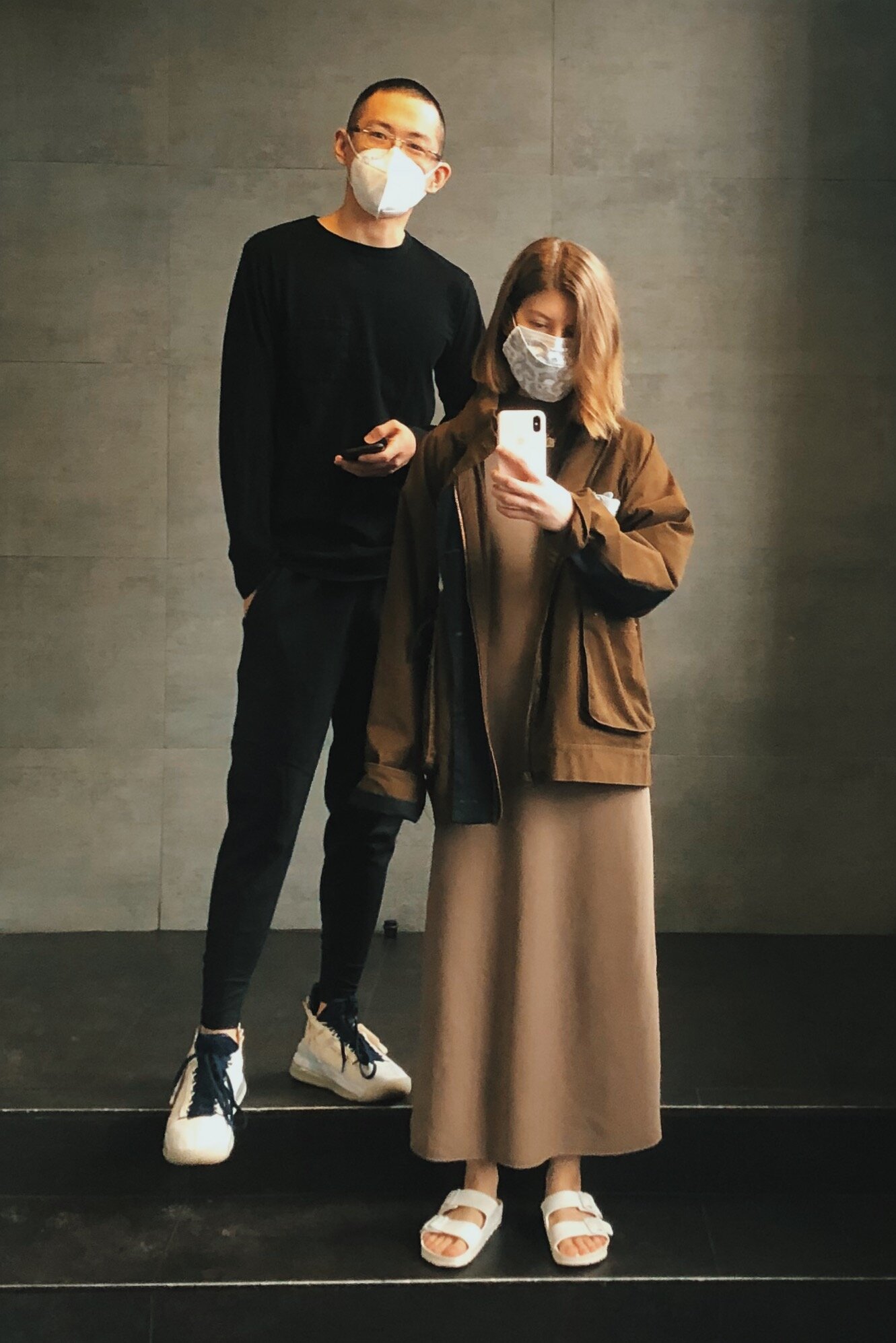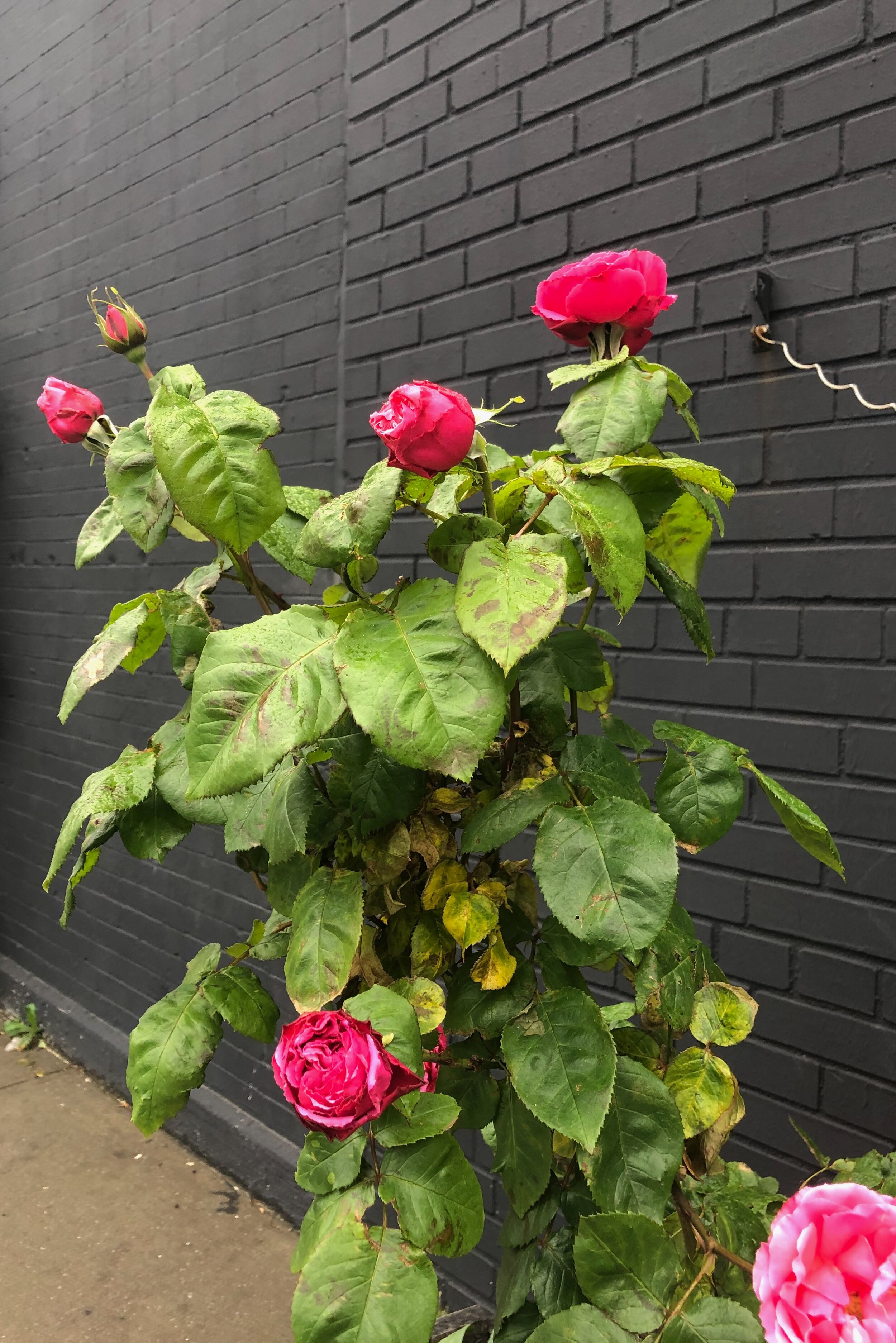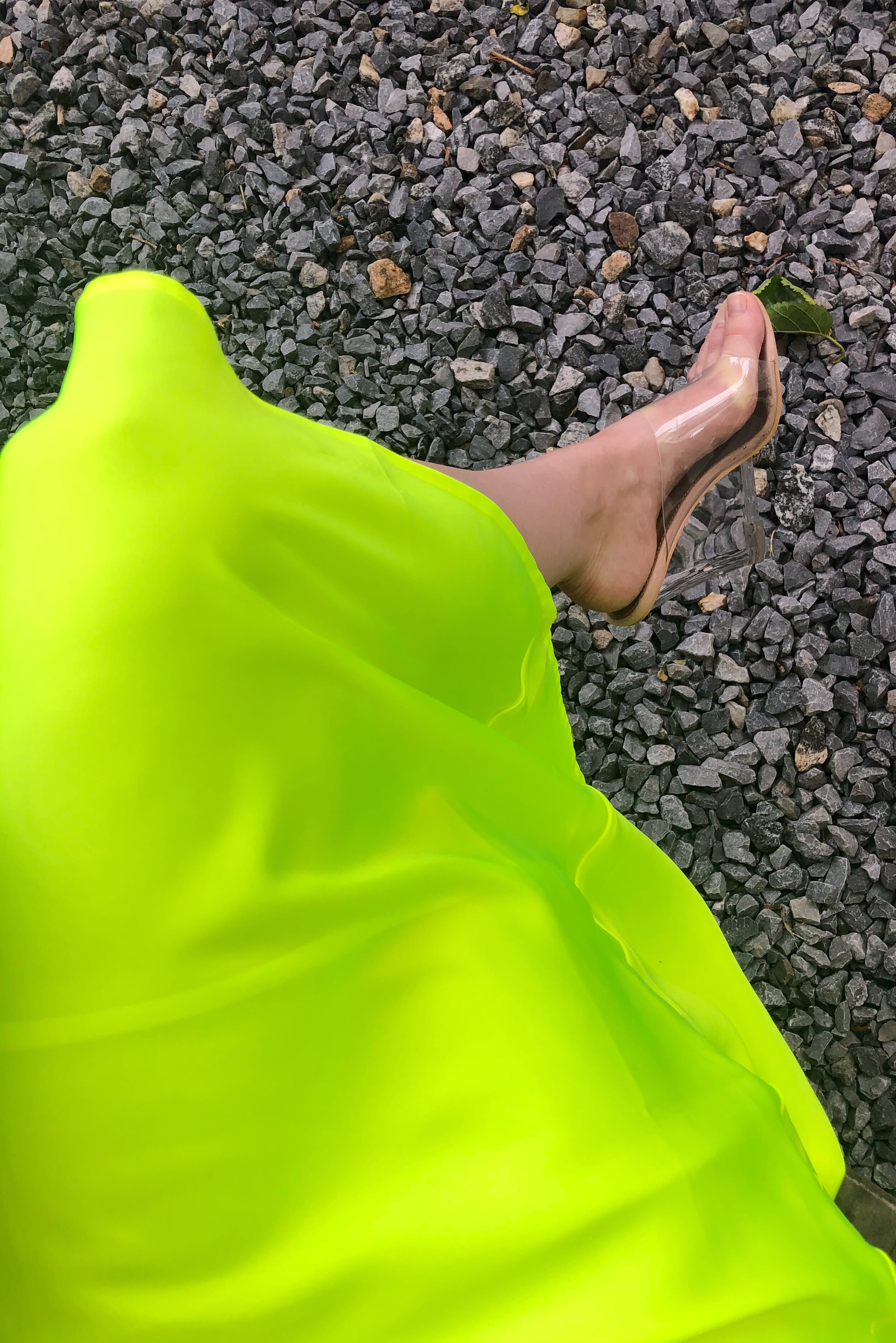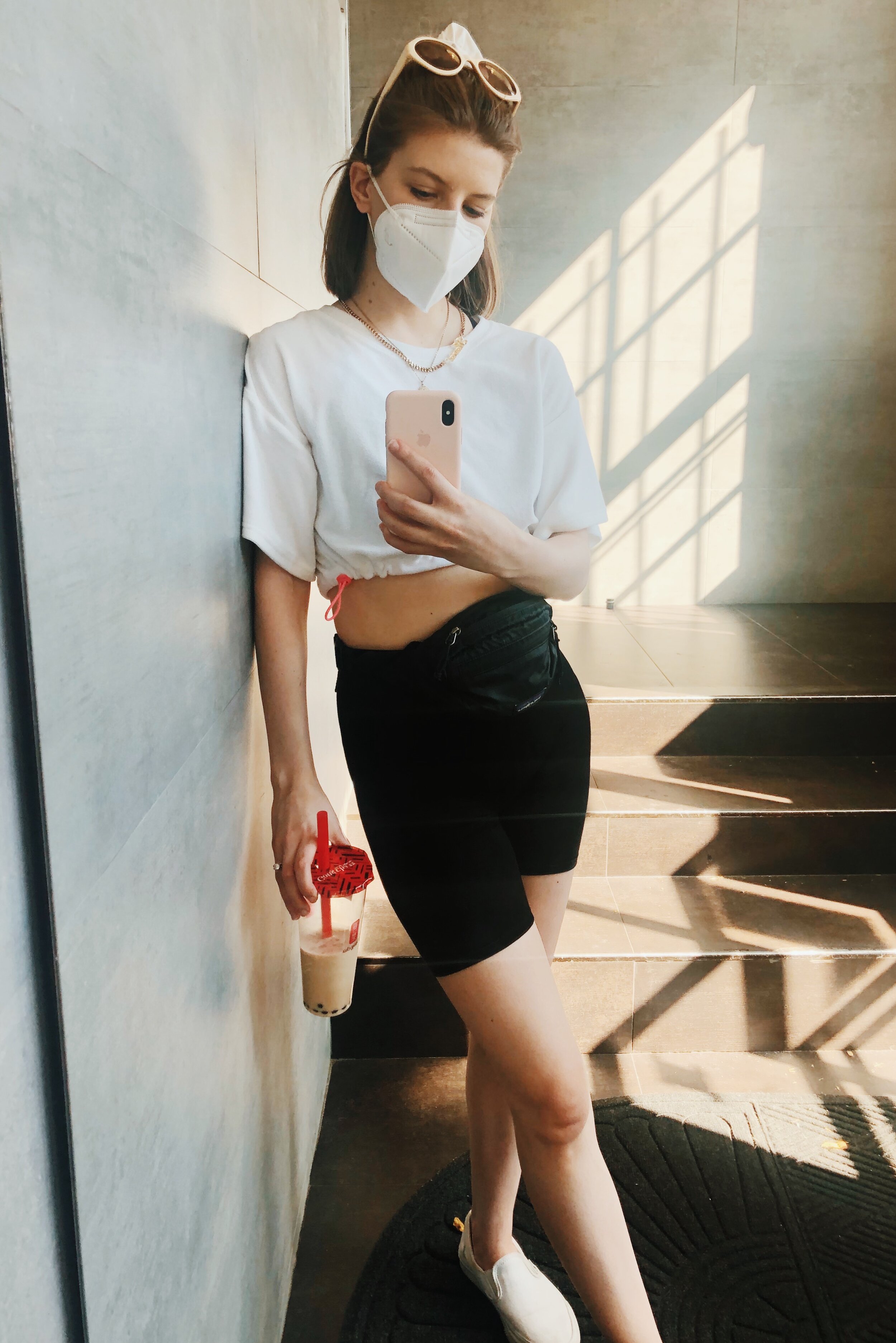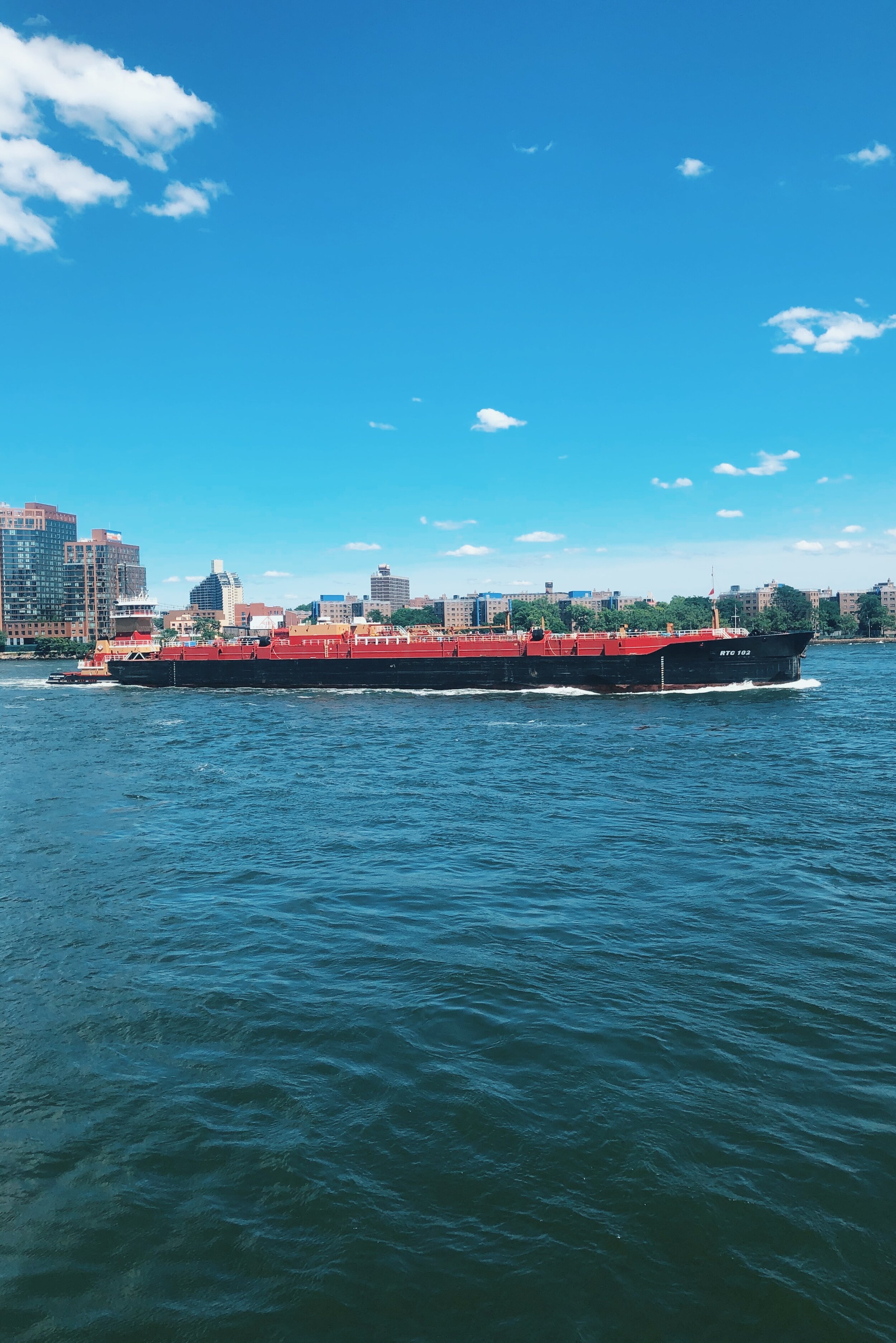How much of your clothing do you think you would wear if you spent over four months in your house?
When quarantine began, I kept my routine as normal as possible. But, as the months go on, I stay up later, wake up later, and work longer. Most days, it feels like I have a uniform.
This is a look at my clothing worn and habits during COVID-19.
From 7,000 steps a day to 1,000
COVID-19 has impacted everyone in a significant way. I feel that it’s important to share its impact on me to give context to what’s happened with my wardrobe over the past four months.
Before the virus:
Average of 7,000 steps a day
Daily 40-minute subway commute to the office
Weekend subway trips from the Bronx to Manhattan, Brooklyn, and Queens
Trips to Brighton Beach and Far Rockaway during the summer
Summer vacation to Indiana
After the virus:
Average of 1,000 steps a day to the bodega or for a walk around the block
0 subway trips
2 bike rides within a 5-mile radius of my apartment
2 Uber trips to a special grocery store in upper Manhattan
2 Uber trips to the Bronx Terminal Market
1 Uber trip to a friend’s house in another part of the Bronx
Note: At the beginning of the lock-down, I went to the grocery store about once a week, but soon switched to meal kit delivery services.
Most clothing has been worn
77% of my clothing has been worn despite spending nearly all of my time in my apartment.
Formal dresses and speciality items like my overalls have remained untouched on their hangers.
22 pieces have been worn regularly
Of the 49 pieces of clothing worn, 22 of them have been worn regularly (more than five times). Some are pieces that I wouldn’t normally wear to the office like my crop Nike tee-shirt, but mostly it’s the core of my wardrobe: black shirts and pants.
I hadn’t thought too much of these outfits until my regular bodega cashier told me (unprompted) that I look like a homebody.
These pieces have been worn regularly
94% of my loungewear has been worn
Clothing in my wardrobe falls in up to five categories:
Loungewear
Activewear
Everyday wear
Work wear
Formal wear
One piece can fit in multiple categories - a dress can be work wear and formal wear.
The number of categories an individual piece belongs to is its Versatility.
The increase for this year, isn’t too surprising as I’m wearing mostly loungewear and activewear, which tend to be more Versatile. Vogue even wrote an article about activewear being an acceptable look for everyday wear. Formal wear pieces tend to have the lowest Versatility - so far, I’ve only worn 35% of formal clothing in quarantine.
I reduced clothing spend by 100%
My nameplate necklace, purchased on April 11, 2020.
Since lock-down, I haven’t bought any clothing. Over the past three years, I’ve added five clothing pieces during this mid-March to mid-July window.
Normally, I would be adding pieces to wear during the spring and summer, but since it hasn’t seemed likely I can go anywhere to wear them, I’ve held off on buying anything new.
At the peak of virus in April, I did buy a nameplate necklace. I had something similar when I was little, but lost it at some point.
It took awhile to arrive because it’s custom and I enjoyed having something to look forward to since I wasn’t able to make plans or go anywhere.
At the beginning of July, I bought another custom jewelry piece for the same reason.
I look forward to getting dressed to leave the apartment
Getting dressed and putting outfits together is something I enjoy.
It’s been challenging since the virus started. I don’t leave my apartment often and putting together outfits hasn’t been a priority.
I want to end this post by sharing some of the outfits I enjoyed putting together when I got out of the apartment. Some feature pieces from the ‘22 most worn’ category, but others just feature pieces I love to have an excuse to wear.
I wore my neon green skirt and clear wedge heels to a backyard BBQ in another part of the Bronx. I sprayed my legs and feet with bug spray which ended up leaving a residue on the heels which I still haven’t completely gotten off. This was a fun, but bad outfit choice for the occasion.
What is Wardrobe Science?
In 2017, I began tracking my wardrobe so I can build a dataset of real-world Capsule Wardrobe data to analyze. I was inspired to start this project after reading an article by Torrence Boone from Google, that tracked fashion trends by Google searches. Read his article here.
